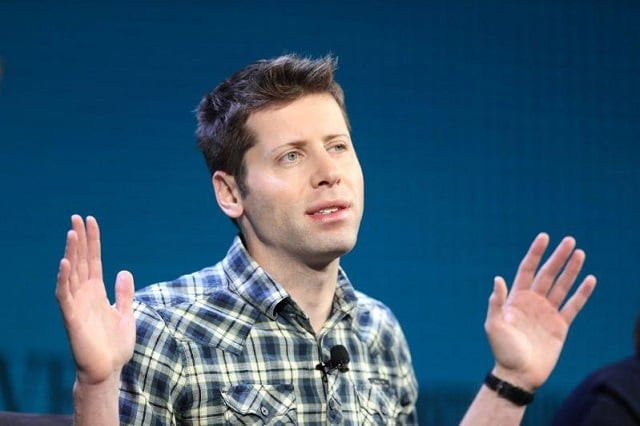Sam Altman gave people $1,000 a month for 3 years—here's what happened
OpenAI CEO advocates for universal basic income as solution to economic disruptions caused by AI advancements.

OpenAI, the AI startup behind ChatGPT, funded the largest basic income study in the US to date. Collaborating with researchers, the company provided unconditional cash payments to people living below the poverty line for three years.
The study involved 3,000 participants aged 21 to 40 from Texas and Illinois, all earning less than $30,000 annually. One-third of the participants received $1,000 per month, while the control group was given $50.
Findings revealed that recipients of the larger payments had greater flexibility in job hunting. "Cash can increase people’s agency to make employment decisions that align with their individual circumstances, goals, and values.
Recipients were more likely to be searching for a job, but they were more selective,” the study’s authors wrote.
One participant stated, “Because of the [cash transfer] and being able to build up my savings, I’m in a position for once to be picky. I don’t have to take a crappy job just because I need income right now. I have the opportunity to hold out and try and find the right fit.”
Another recipient shared that they were able to accept a lower-paid entry-level position in their desired field and eventually achieved a six-figure salary within two years.
“If I didn’t have the cash transfers, there is no way I could have taken that pay cut,” they said.
The study found no significant difference in employment levels between the larger payment recipients and the control group.
Most recipients used the payments for basic needs such as food, housing, and transportation, as well as health needs like braces and alcoholism treatment. While initial payments reduced stress, many health benefits diminished after two years.
OpenAI CEO Sam Altman has advocated for universal basic income as a solution to the economic disruptions caused by AI advancements.



















COMMENTS
Comments are moderated and generally will be posted if they are on-topic and not abusive.
For more information, please see our Comments FAQ